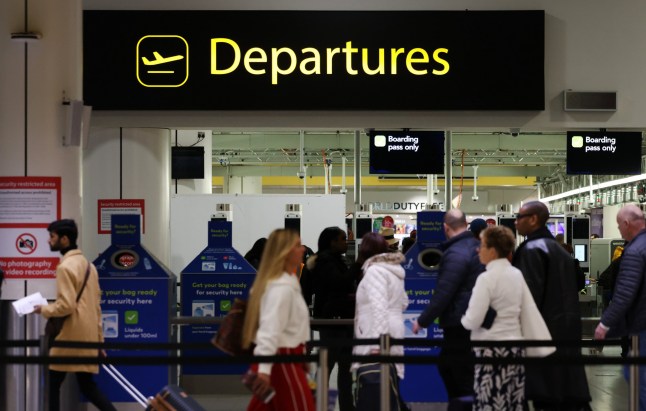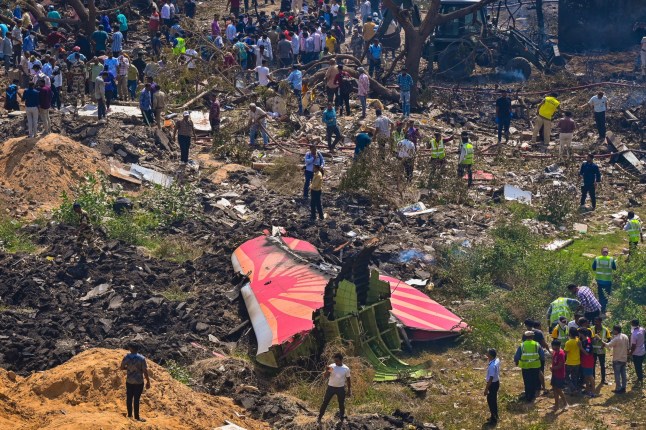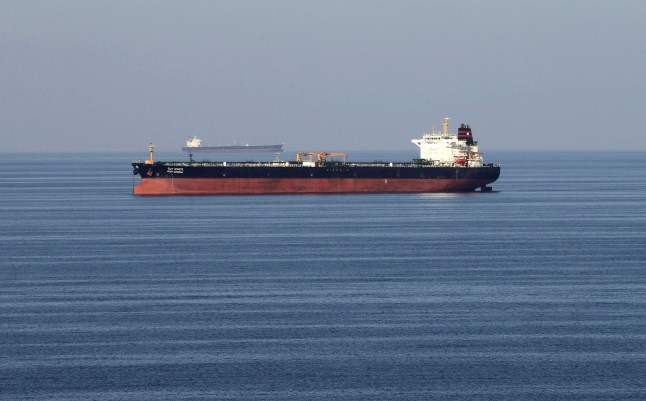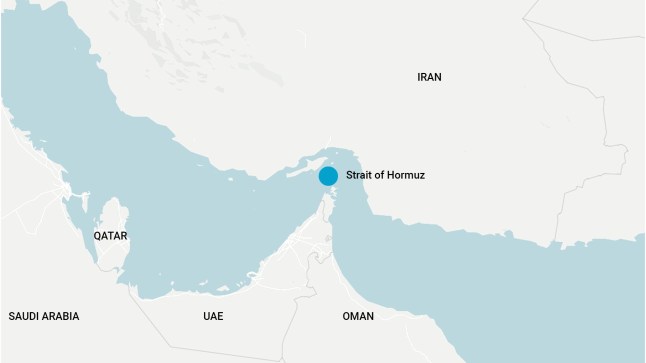Could flight prices go up after Air India crash and Middle East escalation?


The cost of flights could go up soon as the aviation industry reels from the Air India crash and the escalation between Iran and Israel.
The Air India crash last week left a wake of devastation, wiping out entire families after the Boeing 787-8 Dreamliner fell shortly after takeoff from Ahmedabad airport.
Families are demanding answers after 270 people were killed, most of them passengers. Investigators have now recovered the cockpit voice recorder, which can reveal the final moments inside the plane.
The so-called black box will aid in the investigation, which will be closely monitored not just by the grieving families but also the aviation industry.

Sign up for all of the latest stories
Start your day informed with Metro’s News Updates newsletter or get Breaking News alerts the moment it happens.
There were concerns that the crash could impact the cost of insurance for some airlines using Boeing 787 plane, which could trickle down on consumers ahead of the summer holidays.
How much could cost of flights rise by?
Some experts have forecast an increase of 2% up to 5% on tickets, according to NDTV.
With a 5% increase, a one-way £61 flight from London Heathrow to Barcelona could cost around £64.
However, some experts have said the crash could result in a temporary drop in demand as flyers are spooked, which would see a price drop.
Bernard Lavelle, the principal aviation consultant at BL Aviation, told Metro: ‘After the Washington DC crash between the jet and helicopter, there was a fall in domestic demand for air travel and for using Washington airport. Because people get worried, and that’s just human nature.’
‘Some people say “we’ve had that incident in the US, and now this in India, I’ll take a different kind of holiday.”‘
‘Demand due to fear of flying could have an impact on prices,’ he added.
What about the impact of Iran-Israel tensions?
Bernard argued that the Air India crash is likely to have only a negligible impact on the massive insurance industry and consumer ticket prices.
He told Metro that a bigger impact is likely to come from the volatile situation between feuding Iran and Israel as oil prices feel the brunt of the uncertainty, which has led to civilian deaths.
All eyes are on the Strait of Hormuz in the Persian Gulf, which sees around a fifth of the world’s oil consumption pass through it.
If oil exports through the key route are disrupted, prices could surge.
He said: ‘If the situation gets worse, let’s say Iran shuts the Strait of Hormuz, that’s going to have a much bigger impact, and the price of oil would go up further.’

When a barrel of oil hits $100, ‘weaker airlines will get into trouble and can’t pay their bills,’ Bernard said.
Currently, Brent crude oil costs around $73 per barrel.
What affects flight prices?
The two biggest factors affecting the price of flying are fuel and labour costs.
Seasonality also plays a major role – this means the difference between flying during the holiday season versus off-peak. To avoid season surge pricing, try catching a mid-week flight and opting for early morning departures.
Plenty of airline competition on a route usually means lower fares for passengers. Airlines will try to attract flyers with lower prices on a popular route, while a rare route with just a couple of operators holding the monopoly is likely to be more expensive.
Fuel costs account for around 25-35% of airline’s expenses, and price levels have been steadily increasing since the end of the coronavirus pandemic.
Fuel prices are sensitive to global upheaval and conflicts, especially if they put oil production facilities or transportation routes at risk.
The time of booking your flight can impact ticket prices, so it is worth booking your trip as soon as possible.
Airlines use special algorithms that will hike up ticket prices as the date gets closer and depending on demand, called dynamic pricing.
Some airlines, like Ryanair, use a price-to-load model, Bernard said.
It means that if they are far from the 80% load target for filled seats, prices could drop until this is achieved.
Get in touch with our news team by emailing us at webnews@metro.co.uk.
For more stories like this, check our news page.




